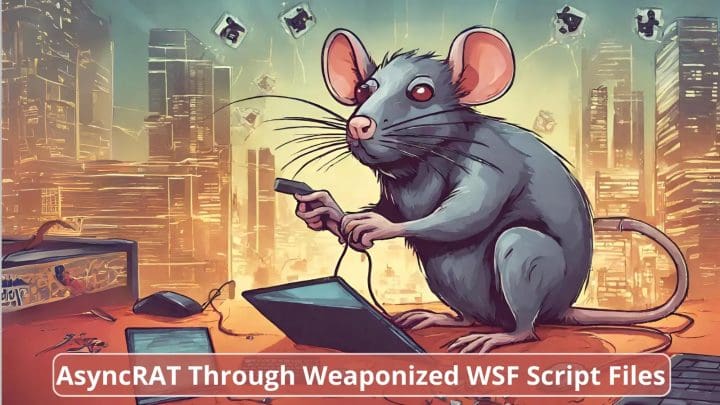The AsyncRAT malware, previously distributed via .chm extension files, is now being spread through WSF script format within a compressed (.zip) file. Typically disseminated via malspam and phishing attempts, the malware can also use cutting-edge “fileless” injection to introduce itself onto a system. Users are advised to exercise caution with emails and use security product monitoring tools to block potential threats.

IcedID malware developer fakes his own death to escape the FBI – Risky Business Newsletters
IcedID malware developer fakes his own death to escape the FBI Risky Business Newsletters



